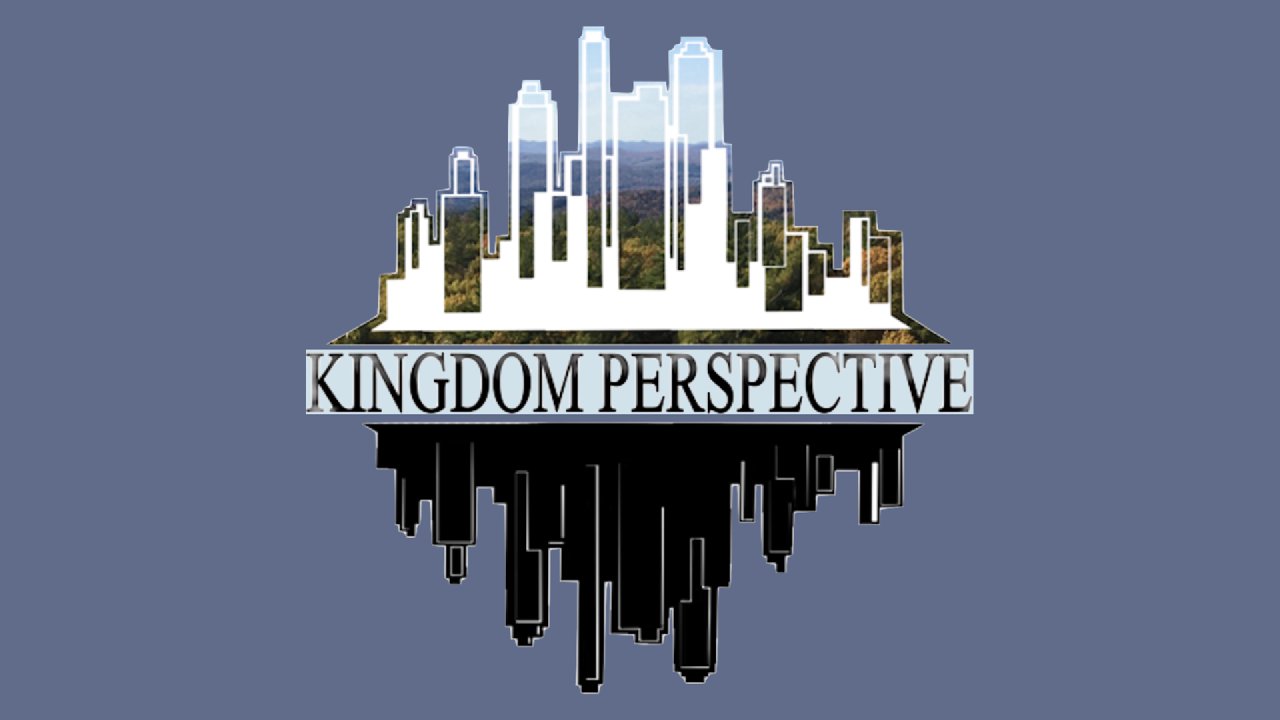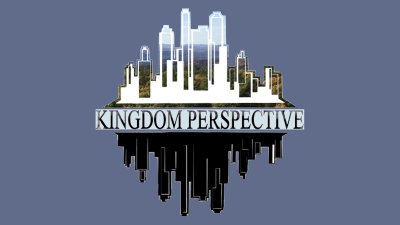Transcript:
Hello this is Pastor Don of Christ Redeemer Church. Welcome to The Kingdom Perspective.
What is God like? In one sense, this is a very difficult question. Why? Well, whenever we ask what something is “like”, we are trying to make a comparison to other things. But God is not like anything in creation. The most fundamental theological distinction is between the Creator and the creation. There is an infinite gulf between the Maker and the thing made. As God says in Isaiah: “To whom then will you compare me, that I should be like him?” (Isaiah 40:25, ESV). God, by definition, is a being like no other.
However, though we cannot fully comprehend God, this doesn’t mean that God is unable communicate Himself to us. God longs for us to know Him, and so, He has stooped to make Himself known. We may not be able to make sense of God, but God is able to make sense of Himself to us.
So, what are some things that God has told us about Himself? God has told us that He is Spirit, infinite, eternal, and unchangeable in in his being, wisdom, power, holiness, justice, goodness, love, purity, and truth. He has told us that He is not constrained by creaturely limitations. God is not limited in knowledge; He’s omniscient. He’s not limited by time and space; He omnipresent. He’s not limited in power; He’s omnipotent. Although we are limited by all sorts of things—time, matter, space, the will of others—God is not. He is totally free to do all His holy will.
Something to think about from The Kingdom Perspective.
Isaiah 40 (ESV)
9 Go on up to a high mountain,
O Zion, herald of good news;
lift up your voice with strength,
O Jerusalem, herald of good news;
lift it up, fear not;
say to the cities of Judah,
“Behold your God!”
10 Behold, the Lord God comes with might,
and his arm rules for him;
behold, his reward is with him,
and his recompense before him.
11 He will tend his flock like a shepherd;
he will gather the lambs in his arms;
he will carry them in his bosom,
and gently lead those that are with young.
12 Who has measured the waters in the hollow of his hand
and marked off the heavens with a span,
enclosed the dust of the earth in a measure
and weighed the mountains in scales
and the hills in a balance?
13 Who has measured the Spirit of the Lord,
or what man shows him his counsel?
14 Whom did he consult,
and who made him understand?
Who taught him the path of justice,
and taught him knowledge,
and showed him the way of understanding?
15 Behold, the nations are like a drop from a bucket,
and are accounted as the dust on the scales;
behold, he takes up the coastlands like fine dust.
16 Lebanon would not suffice for fuel,
nor are its beasts enough for a burnt offering.
17 All the nations are as nothing before him,
they are accounted by him as less than nothing and emptiness.
18 To whom then will you liken God,
or what likeness compare with him?
19 An idol! A craftsman casts it,
and a goldsmith overlays it with gold
and casts for it silver chains.
20 He who is too impoverished for an offering
chooses wood that will not rot;
he seeks out a skillful craftsman
to set up an idol that will not move.
21 Do you not know? Do you not hear?
Has it not been told you from the beginning?
Have you not understood from the foundations of the earth?
22 It is he who sits above the circle of the earth,
and its inhabitants are like grasshoppers;
who stretches out the heavens like a curtain,
and spreads them like a tent to dwell in;
23 who brings princes to nothing,
and makes the rulers of the earth as emptiness.
24 Scarcely are they planted, scarcely sown,
scarcely has their stem taken root in the earth,
when he blows on them, and they wither,
and the tempest carries them off like stubble.
25 To whom then will you compare me,
that I should be like him? says the Holy One.
26 Lift up your eyes on high and see:
who created these?
He who brings out their host by number,
calling them all by name;
by the greatness of his might
and because he is strong in power,
not one is missing.
*Below, we are appending some basic catechism questions that go along with this Kingdom Perspective. A catechism is a classical Christian teaching device, helping both children and adults better understand the unique claims of the Bible. Below, you will find questions taken from both a children’s catechism and a more advanced catechism. For the full catechisms, you may go to our website by clicking here.
Questions for Kids: A Basic Catechism for Children
9. Where is God?
He is everywhere.
10. How long has God existed?
Forever. He has always been.
11. Does God know all things?
Yes – God knows all things.
12. Can you see God?
No, but he can always see me.
13. Can God do all things?
Yes – God can do all His holy will.
An Advanced Catechism
7. What is God?
God is Spirit, (John 4:24) infinite, (Job 11:7) eternal, (Psalm 90:2, 1 Timothy 1:17) and unchangeable (James 1:17) in his being, (Exodus 3:14) wisdom, power, (Psalm 147:5) holiness, (Revelation 4:8) justice, goodness, love, purity and truth. (Exodus 34:6,7)






